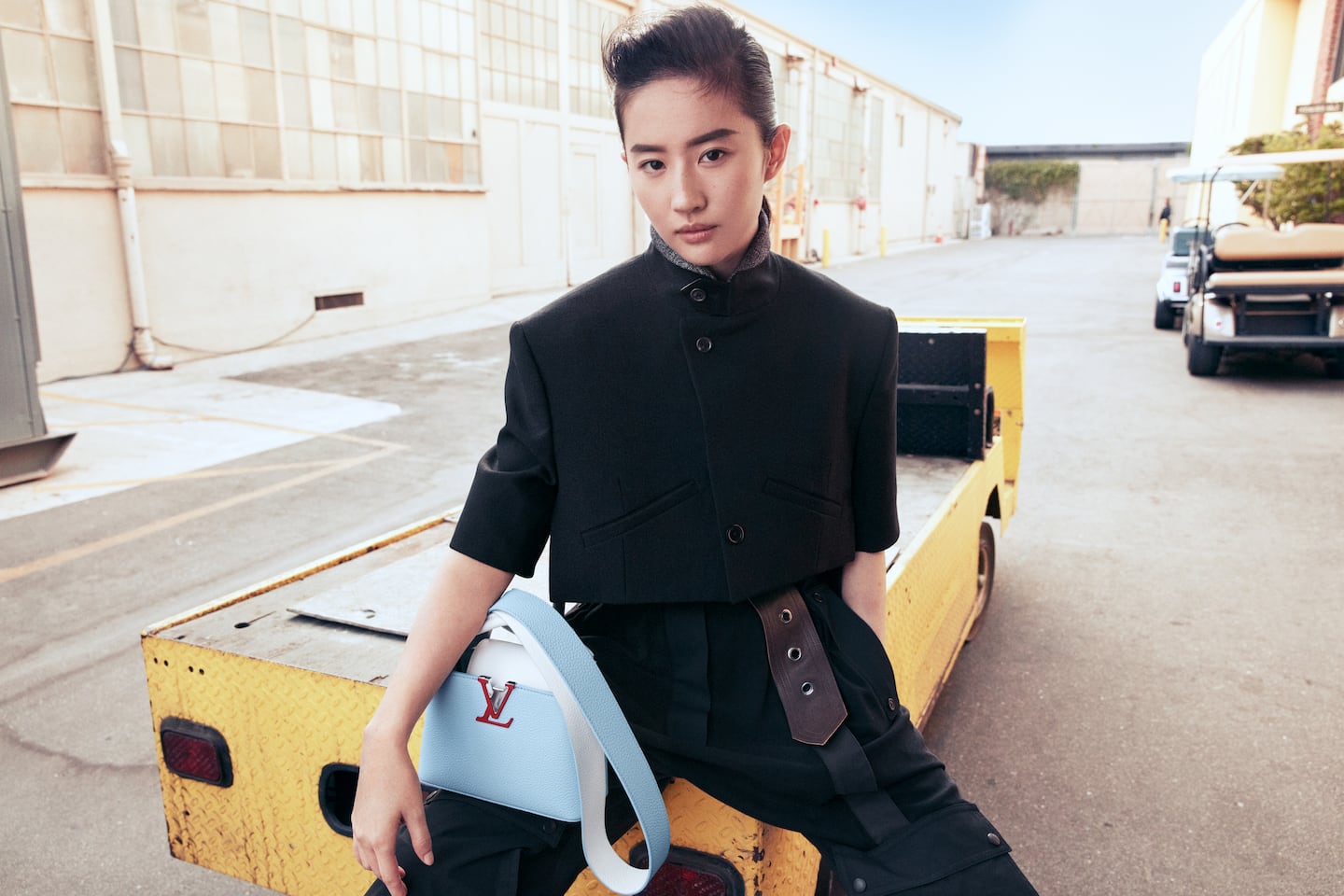
The Business of Fashion
Agenda-setting intelligence, analysis and advice for the global fashion community.

Agenda-setting intelligence, analysis and advice for the global fashion community.

French luxury giant Louis Vuitton has partnered with JD.com to further its e-commerce reach in the China market, but will not sell its products via JD.com’s platform.
It seems JD.com, in order to compete with Alibaba-owned Tmall’s dominant Luxury Pavilion, is getting creative in its efforts to attract luxury partners and has worked out a model in which customers that type “LV” into the JD app search bar are redirected to Louis Vuitton’s official WeChat mini-programme where a full range of the brand’s products are available to purchase.
“This is an unprecedented model which provides a seamless shopping experience, enabling more high quality consumers to enjoy all that Louis Vuitton has to offer. JD will continue to innovate in China’s luxury market to provide an unmatched experience,” said Kevin Jiang, president of international business for JD Fashion and Lifestyle.
Though Louis Vuitton has had it’s own e-commerce store in China since 2017, it’s one of the last major luxury brands to remain outside of China’s dominant platform system. This partnership allows Louis Vuitton to access the traffic of JD.com’s 472 million active annual customers, and simultaneously retain control of the shopping experience through its own mini-programme.
ADVERTISEMENT
JD.com and WeChat-owner Tencent are allies (Tencent has a 17.1 percent stake in JD.com), facing off against fellow digital giant, Alibaba, on multiple fronts. The arrangement with Louis Vuitton also allows them to exploit this partnership to offer brands more flexibility than Alibaba’s Tmall may be willing or able to match.
With consumers tightening their belts in China, the battle between global fast fashion brands and local high street giants has intensified.
Investors are bracing for a steep slowdown in luxury sales when luxury companies report their first quarter results, reflecting lacklustre Chinese demand.
The French beauty giant’s two latest deals are part of a wider M&A push by global players to capture a larger slice of the China market, targeting buzzy high-end brands that offer products with distinctive Chinese elements.
Post-Covid spend by US tourists in Europe has surged past 2019 levels. Chinese travellers, by contrast, have largely favoured domestic and regional destinations like Hong Kong, Singapore and Japan.